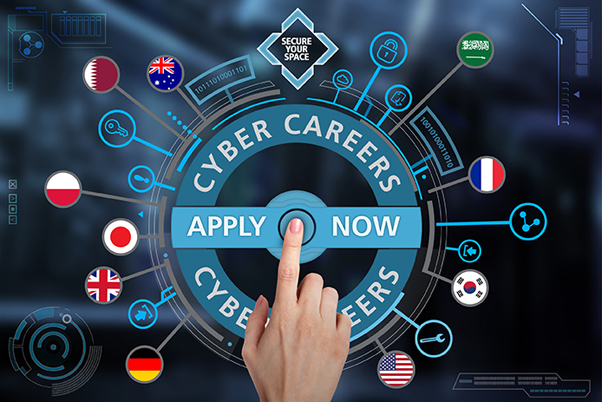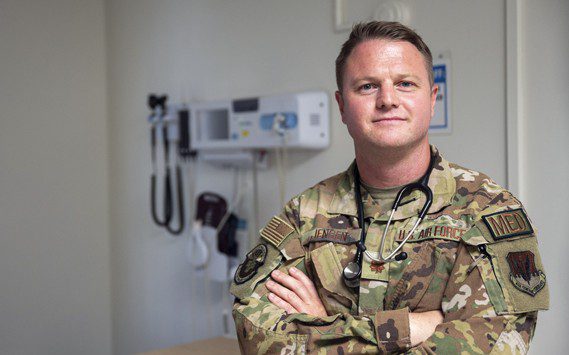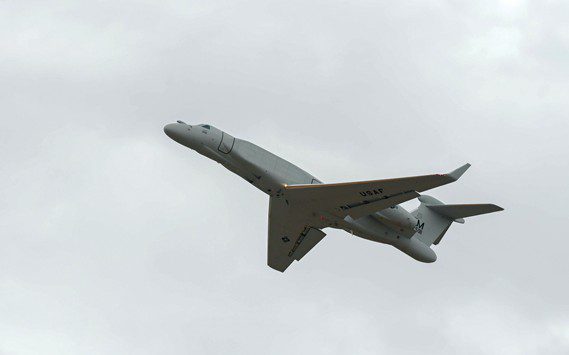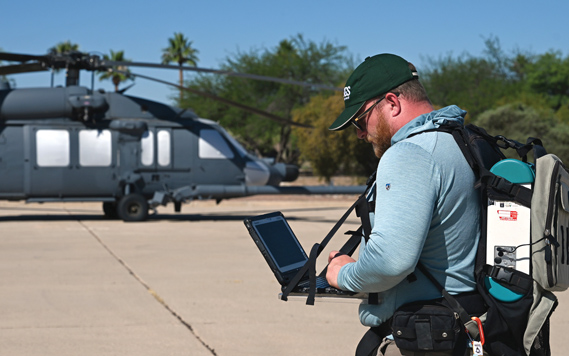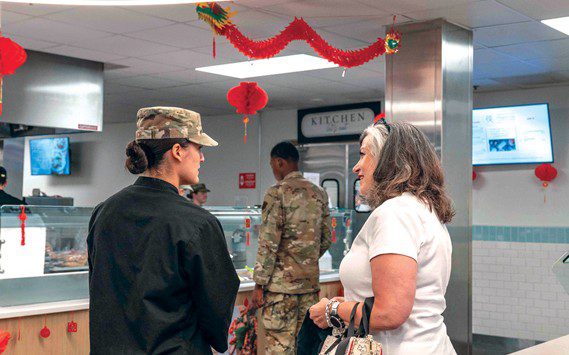The talent gap in this fast-growing technical field is causing serious problems for businesses and governments in this age of the cyber attack. With October being National Cyber Security Awareness Month, and to better understand how millennials can help, Raytheon and the National Cyber Security Alliance (NCSA) commissioned the study Securing Our Future: Closing the Cyber Talent Gap, which surveyed young adults ages 18–26 in 12 countries around the world.
The study revealed a gender gap, with females trailing when it comes to cyber education. In the U.S., 74 percent of young women and 57 percent of young men said schools did not offer the skills that are needed to pursue a degree in computer sciences.
“It’s just woeful that we don’t have anywhere close to the number of women we need in the cyber workforce. Cybersecurity today is masculine, and defense is as well. We want to drive to change that,” said Paul Crichard, head of cyber intelligence for Raytheon UK. “The best cyber professionals are often hidden amongst the masses. They just haven’t been made aware of what cyber is and whether they will suit it.”
“These millennials are getting an educational background in cyber, which is quite strong in the Middle East region,” said Chris Davis, country lead for United Arab Emirates, Raytheon International. “Many here just aren’t aware of the rewarding aspects cyber careers offer, or they could have misconceptions. The result is that they aren’t choosing the profession.”
However, there are signs of progress in the efforts to recruit millennials. More than one in four (28 percent) say they are more likely to choose a career that helps to make the Internet safer than a year ago, while 38 percent said they are interested in learning more or taking classes related to cybersecurity.
Young adults are interested in gaining the same job skills cyber professionals use, such as problem solving (44 percent), data analysis (36 percent) and software programming (27 percent).
“The results show that young adults could become interested in cyber careers, but that they simply don’t have enough information about what steps to take,” said Jack Harrington, vice president cybersecurity and special missions for Raytheon. “It’s imperative we do something. That’s why Raytheon sponsors and encourages its employees to mentor teams for events such as National Cyber Collegiate Defense Competition (NCCDC) and the Cyber Security Challenge UK. Our security depends on it.”
In addition to its involvement with cyber competitions, Raytheon has been trying to help solve the cyber career problem through its STEM programs, such as MathMovesU. Raytheon executives sit on the boards of George Mason University and University of Central Florida, and the company maintains academic and research partnerships with more than a dozen other top universities.
Ultimately, it will take businesses, government and the education systems to make a multipronged approach to making changes to fix the situation. For a safer Internet for all, it’s a requirement, not an option.






